“People ask me how Kenya was. How am I supposed to describe a whole year?” Nadja says. We’re sitting in what feels like the infrared light of a bar on the Lower East Side. Christmas lights twinkle along the mirror over the bar counter, which reflects the leather jackets of shaggy twenty-somethings playing pool. Nadja has been living in New York since returning from her Fulbright in October. I’m visiting her and other friends at the end of my winter holidays. I’ve sat in friends’ living rooms, revisiting couches I had once splayed on with the luxury of endless time. I revel in the joy of being with people who, after years of friendship, know me inside out. I’d forgotten how much I missed that.
I get the same question, I tell her. How am I supposed to describe everything that’s going on? I felt the same difficulty when sitting down to write this post. So I think I’ll focus on a topic that’s been on my mind, both in terms of how I want to live this year and how I want to plan my future.
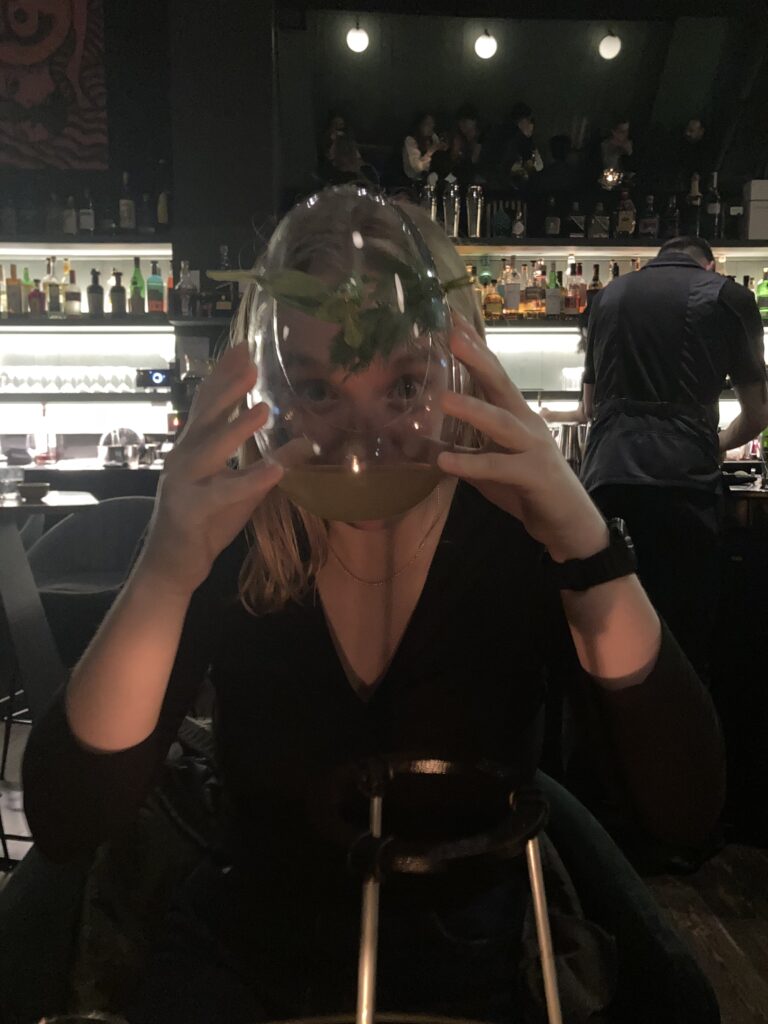
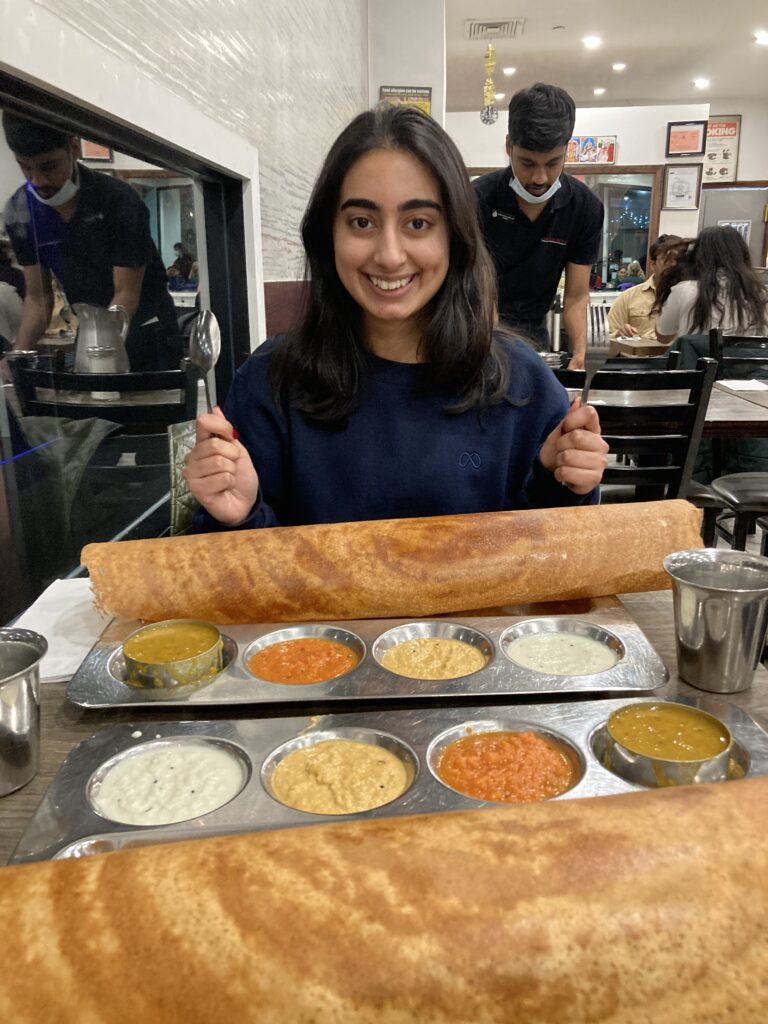
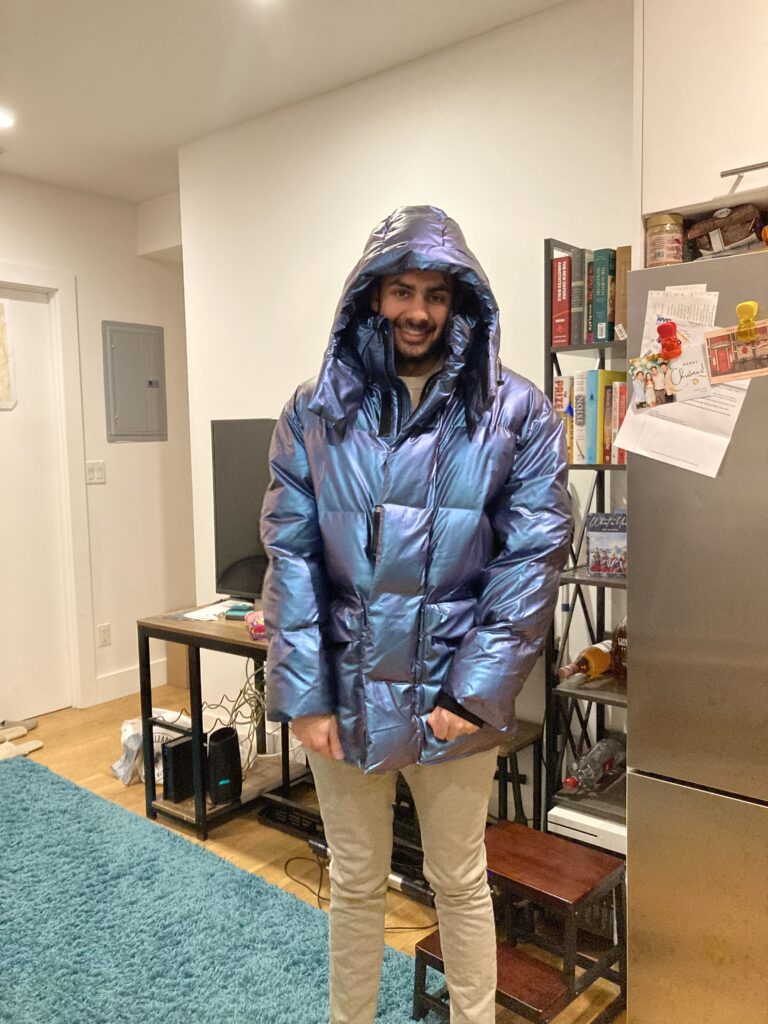
A lot of my thoughts during postgraduate life have been about community – both what I left at home and what I’m building abroad. How do I maintain my relationships from home? How do I balance my desire to travel with my desire to live near my friends? Dublin has provided both a unique opportunity and challenge in that I am building a new community from scratch. If I’d lived in New York, I would have certainly inherited my undergraduate community, along with that of my high school friends. And while moving has been challenging, getting to know new people has been heartening – I’m realising I still have yet to meet some of my best friends. We often valorise college as the main source of lifelong friendships. I think if I’d stayed in America, I would’ve certainly subscribed to this logic. But living in Dublin has forced me to ask what I want from a community and, once I’ve decided what I want, how I go about building that. What do I need to feel happy, to feel loved, to feel like I belong?
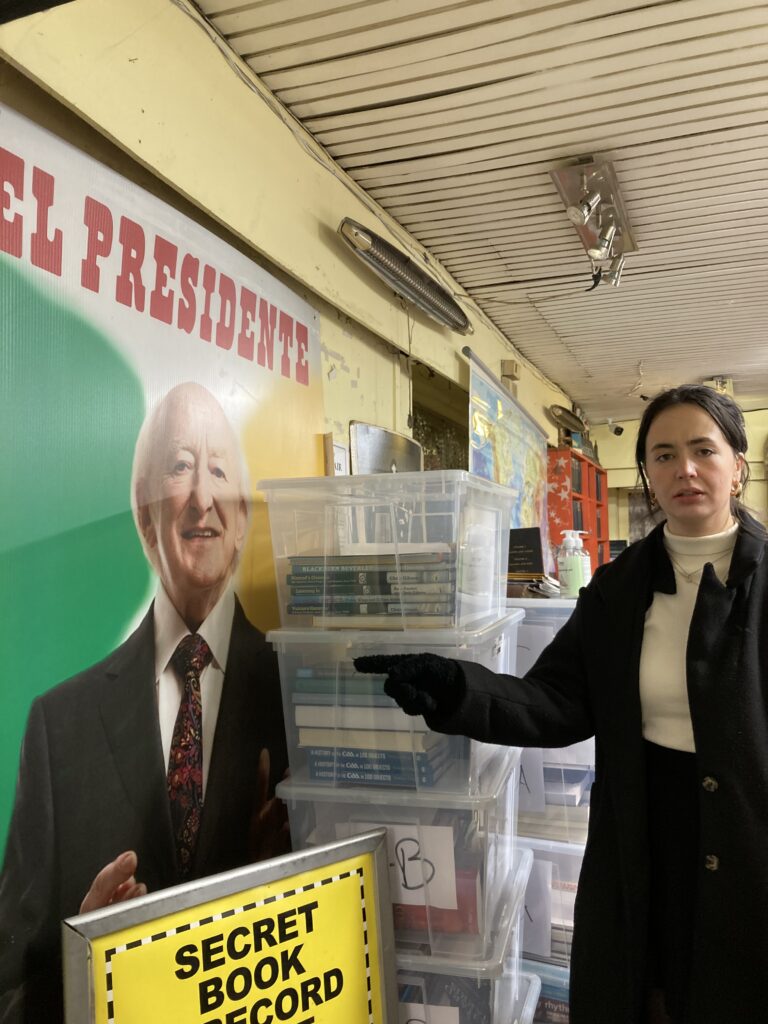
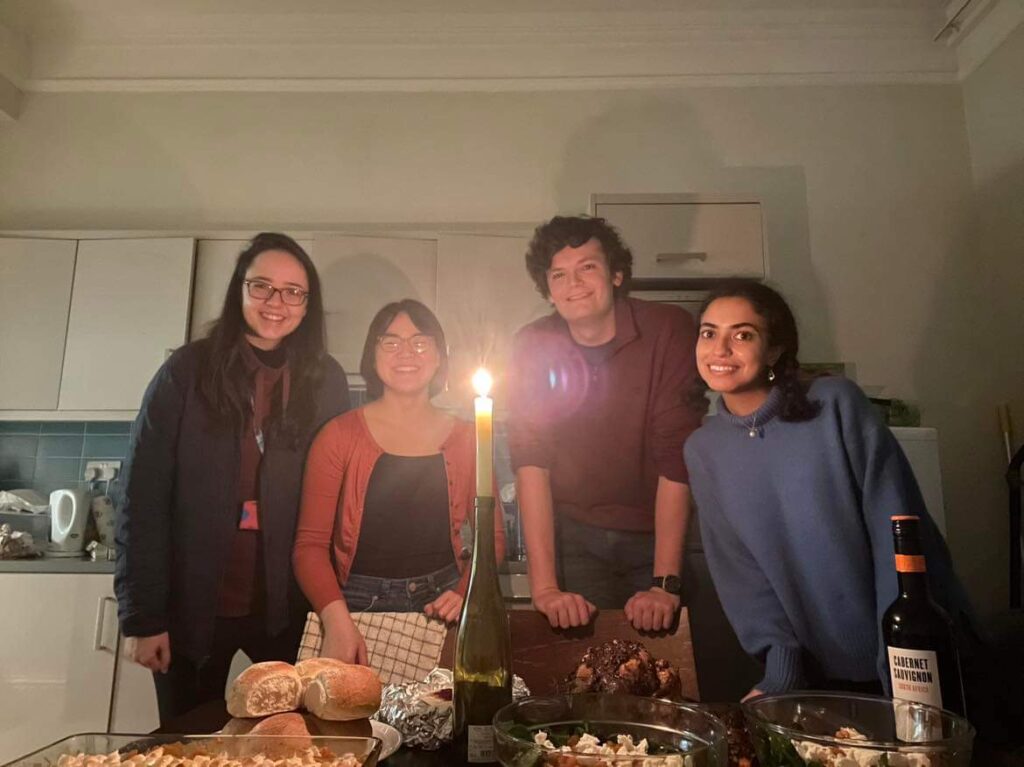
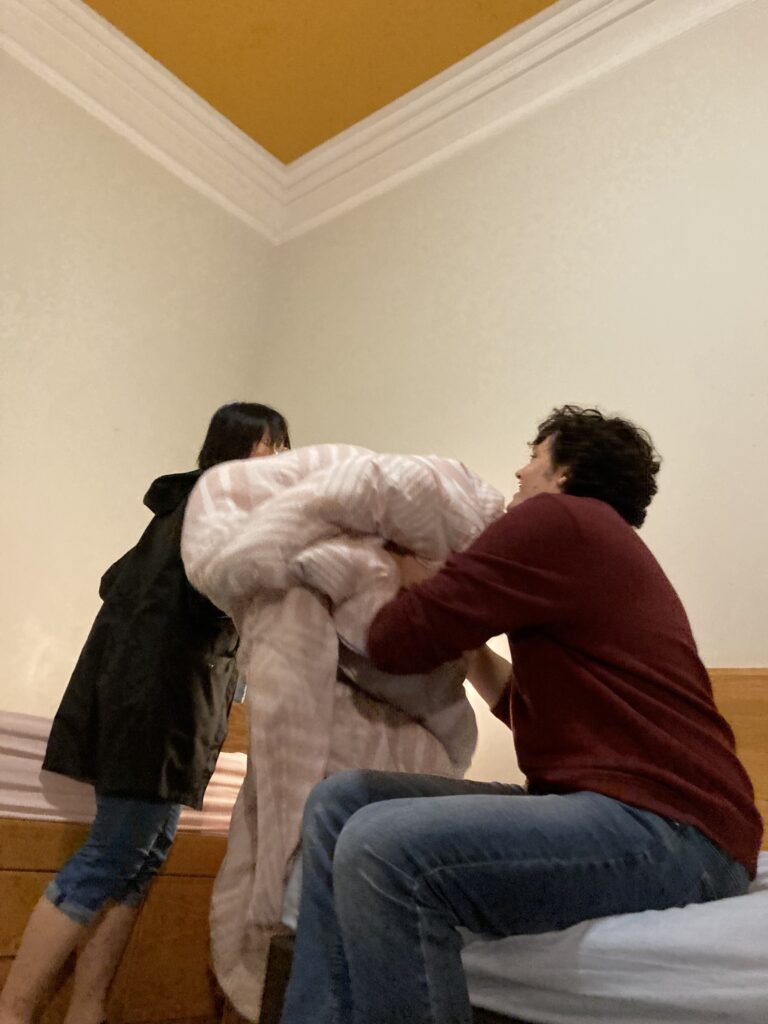
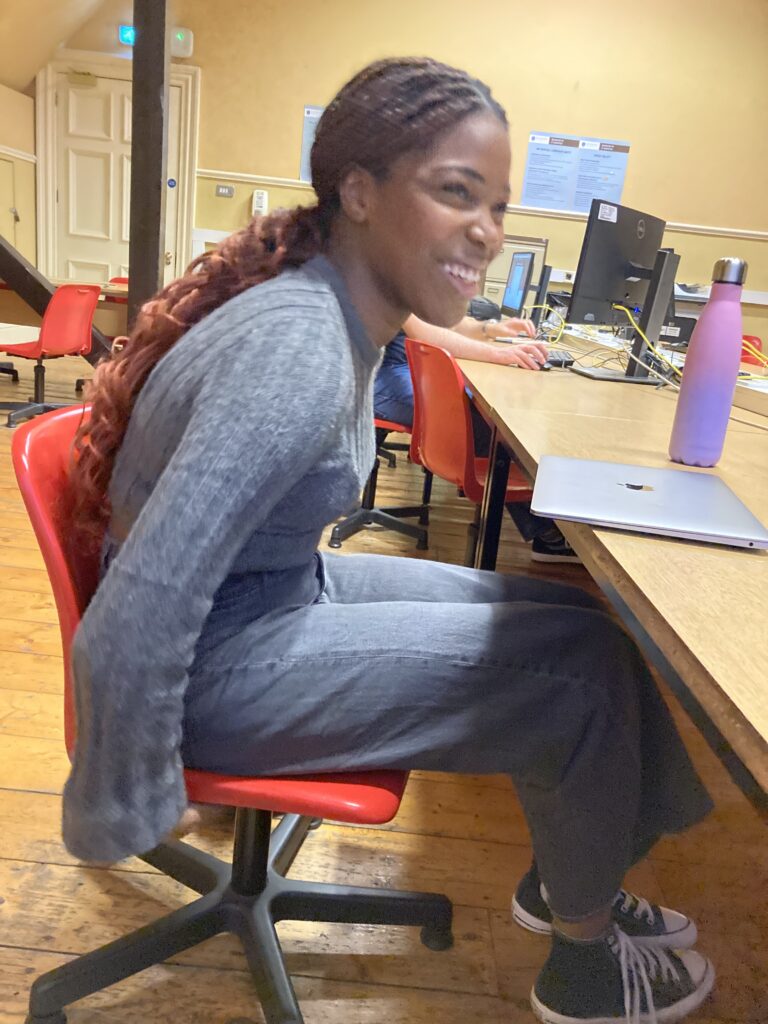
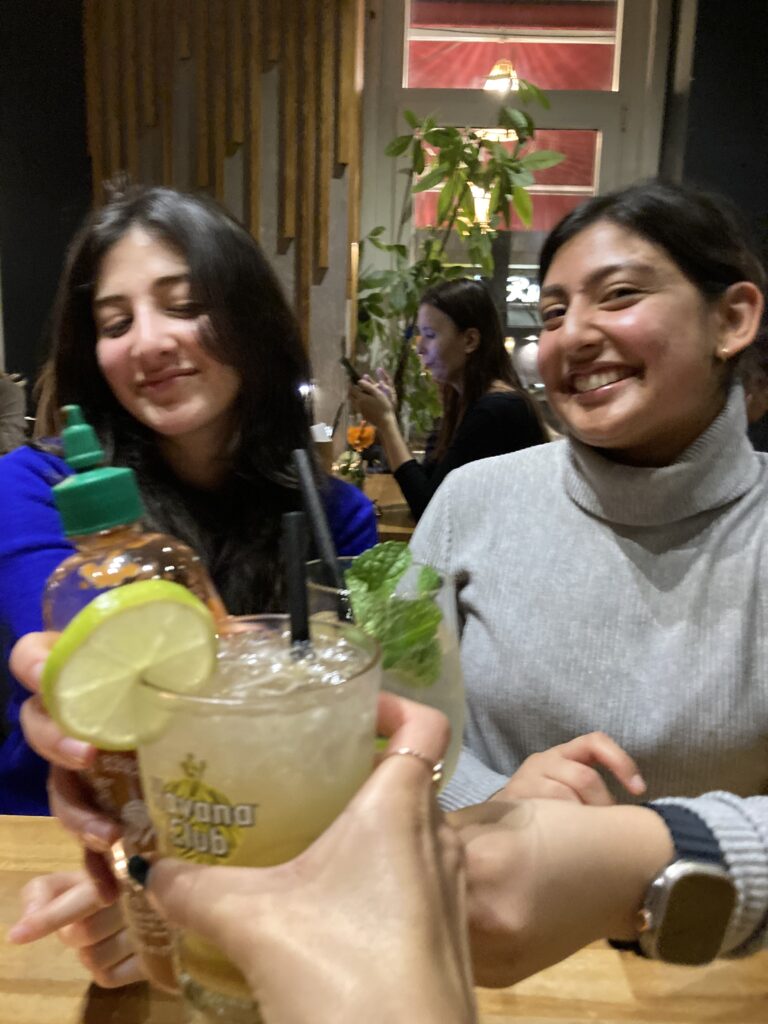
My hometown, where I went at the start of my holidays, offers some useful lessons. Bethesda is a suburb of Washington DC, a mile from the city but also the kind of place where you run into preschool friends at the mall. Part of why I like visiting home is the cast of characters who reside in our neighbourhood. When we walk our dog, we inevitably run into one of his friends (or, more likely, enemies). Some of these dogs’ owners have become fully fleshed people who come over for tea; others remain friendly faces with whom we share the same jokes each time. On the street behind us, our neighbours host a block-wide happy hour. During the pandemic, they began meeting every Saturday at 7 pm, bringing their own wine and camping chairs in the middle of the street. While we lived on the next street, my parents were invited to join. Now, it’s every month or so. Longtime neighbours have become friends again, and my mom updates me with gossip whenever we call. And of course, there are our close family friends — people who I’ve known since I was a baby. The Chatterji-Lens live two blocks away, and we count each other as cousins. Of course, I don’t mean to imply that home is perfect. Creating communities in the American suburbs, which are built with a pro-car/anti-social architecture, is difficult. There are many elements my parents wish to change. But home provides a useful lesson: a successful community requires varying levels of relationships— neighbours, outer circle acquaintances, friends, and close friends.
My undergraduate community had a similar tiered element. Outside of my closest friends, I knew people through my college (a randomly selected dormitory you have all four years), my society, friends-of-friends, clubs. I had varying levels of closeness with these periphery people. Some I would take a walk with once a semester, or chat with when I’d visit my friend at their apartment. One girl and I always complemented and danced with each other when we’d inevitably run into each other at parties; other than that, we had completely different circles. Some of these relationships I wish I’d deepened, or that our friends overlapped more. But it’s the mixture of relationships that is important. During Covid-19, I saw my closest friends who were living in New Haven. But we all missed the larger community we were a part of – our apartment neighbours, our once-a-month coffee dates, our class friends.
Thus far, I’ve spent my time in Dublin making some close friends through the Mitchells, as well as with Freya and Hilary. We’ve traveled together, from a girls’ trip to Berlin to exploring Bath with Zach and Teresa. And while I know I can’t replicate my home community in one year, I want tiers in Dublin, too. My writers’ group – the Inkslingers – has been one way to expand my periphery community. Having weekly meetings means we can get to know each other’s personalities without the pressure of individually organising meetups. I’ve had some lovely coffee chats. One week, a man recalled stories of his brother growing mushrooms in rural Ireland when they were teenagers. Another week, a new member passionately spoke about returning to school to learn television production. I learned about the documentary she’s hoping to make, studying the history of Dublin’s musical street names. Shea, whom I mentioned in my last blog post, lent me his book of poetry that he wrote and designed. Outside of the Inkslingers, Hilary introduced me to the Phil at Trinity. I haven’t competed in debate since my sophomore year of college, but I think she’s onto something about using the team to meet friends. I’ve been attending practices and a formal; just enough to meet some debaters individually and get to know faces.
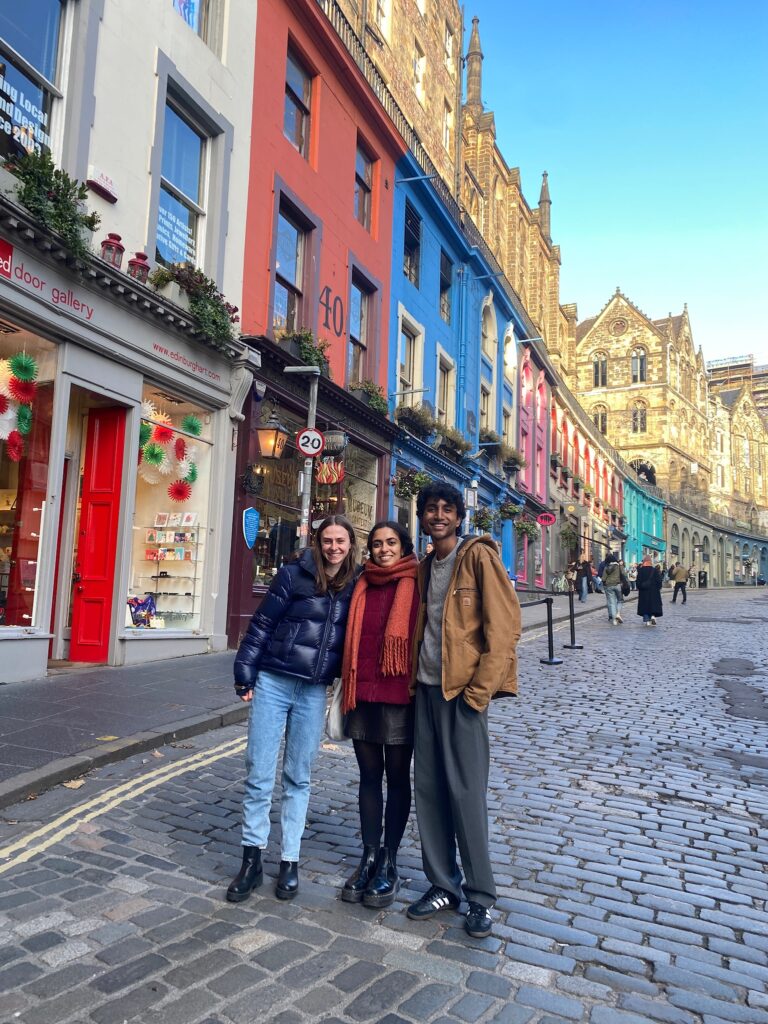
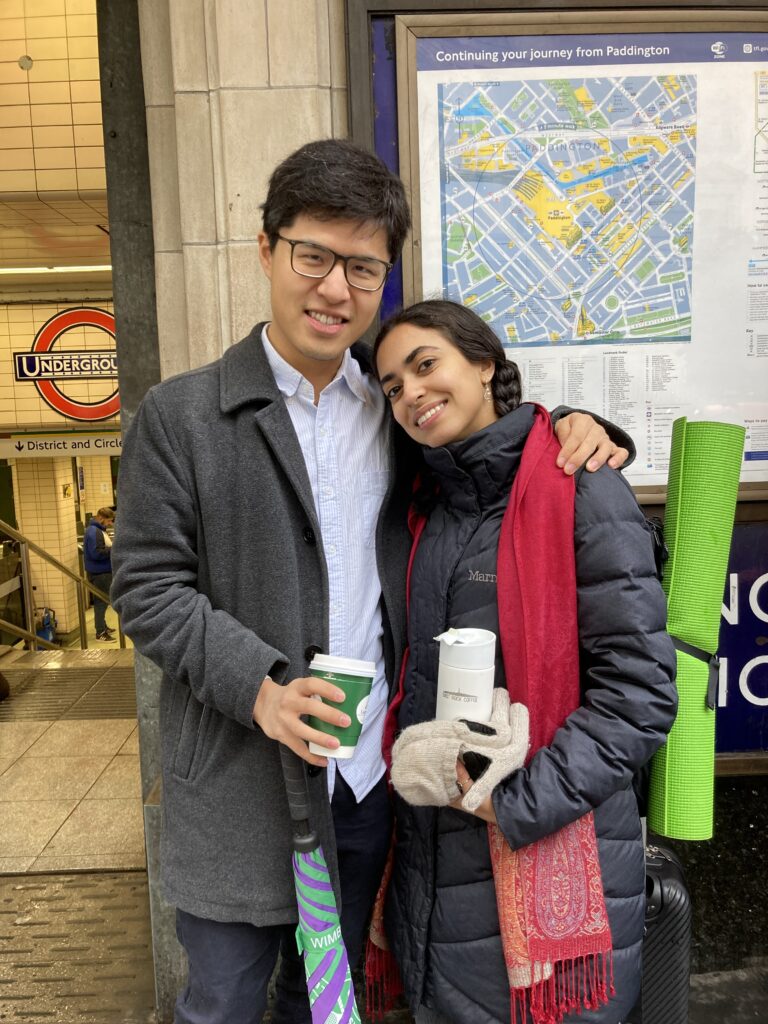
Building these tiers has pushed me out of my comfort zone in rewarding and scary ways (usually overlapping!). More often than not, though, I’ve learned that reaching out is worth it. I’m planning for my friend Dyrleif, whom I met when I lived in Iceland, to come visit Dublin this term. And I recently got in touch with my childhood friend Emmy, who moved to Italy when I was in fifth grade. She lives in Stockholm now, and it’s extraordinary to me that the prospect of meeting her again after so many years is more realistic now. When Liz and I were in Barcelona, I decided to text some backpackers I’d met last year in Laos. All three of them warmly responded, and we hung out multiple times over our week-long trip.
I don’t really have a neat conclusion or pithy lessons just yet. All I can say is that I’m slowly but surely building a new home on this island. Dublin has now become the kind of place where I have run into people – a far cry from when I first came (and perhaps a reminder that it is really just a town masquerading as a city :)).
